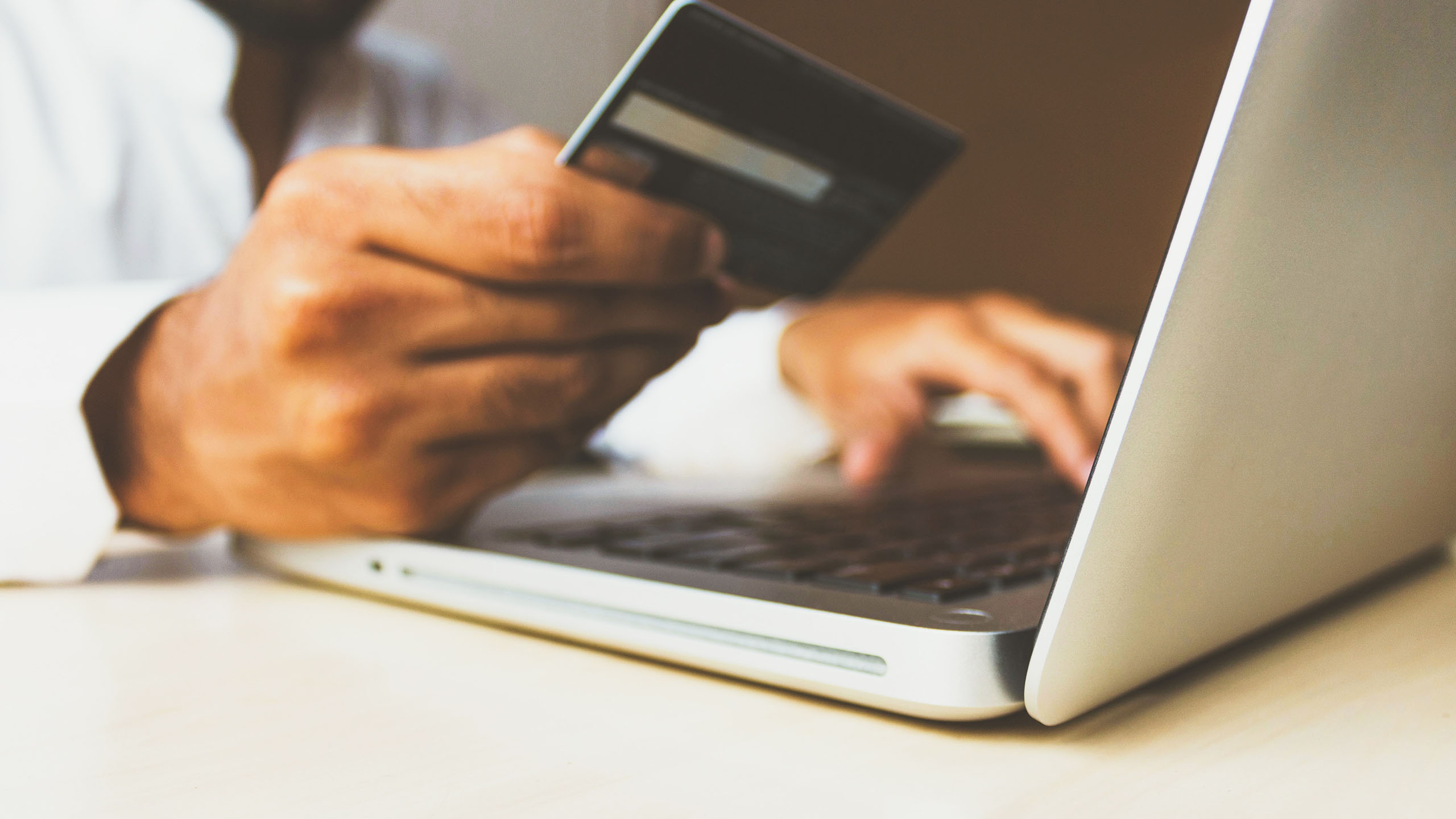Are There Any Hidden Solar Panel Charges?

With energy bills skyrocketing, everyone's looking for ways to trim expenses and avoid hefty energy costs. Installing a solar panel system is often considered one of the smartest long-term investments you can make. Not only does it provide you with greater independence from the national grid, but over time, the savings can outweigh the initial investment.
But before you dive headfirst into solar, you might be wondering about the potential hidden costs. Here's what you need to know to make an informed decision...
Â
Maintenance and Cleaning Expenses
To ensure optimal performance, solar panels require regular cleaning and maintenance—yes, that comes with its own set of costs. Unlike conventional energy sources, any issues with your solar system are entirely your responsibility, so it's up to you to keep things running smoothly.
A yearly inspection is essential, and it's recommended that you clean your panels at least once annually. However, attempting to clean them yourself is strongly discouraged—it's risky, requiring you to navigate rooftops and risking damage to your panels. Professional cleaning is a safer bet.
Despite the additional costs, proper upkeep can extend the life of your panels to around 25-30 years. This means that beyond maintenance, they remain a solid financial choice. Additionally, if you're aiming for greater grid independence, consider investing in a battery storage system.
Regularly check the physical condition of your panels, ensuring they're free of debris or dust. A gentle rain shower often does the trick, but for tougher grime, a light hosing with lukewarm water works wonders. Professional cleaning remains crucial though, to keep everything in top shape.
Monitoring your system's energy output is also key. Obstructions like falling debris or overhanging tree branches can hinder performance. Trimming nearby trees might be another cost to factor in.
Â
Repair and Replacement Costs
Solar panels are incredibly durable since they lack moving parts. This means they seldom need repairs or replacement. However, extreme weather conditions or falling debris can occasionally cause damage.
Thankfully, a single damaged panel typically won't disrupt the entire system, minimizing the associated costs. Keep an eye out for pests too; critters sometimes find shelter under your panels, potentially gnawing on wires and causing harm. Installing a critter guard is a wise move—it not only protects your panels but also reduces fire risks by keeping debris away.
In case of damage, warranties usually cover repairs for accidental damage or faulty goods. Unsure about your warranty and how it impacts your solar panel costs? Reach out to us today for clarification.
Â
Insurance Costs
Photovoltaic (PV) solar systems represent a significant investment, and with proper care, they can last for decades. While manufacturers' warranties offer substantial protection, they don't cover extreme scenarios like natural disasters or theft.
In such cases, insurance is a must to safeguard your equipment. Your policy should include coverage for fire, strong winds, severe weather, and theft. Many homeowner policies already cover rooftop solar systems, but you may need to adjust your premiums accordingly.
Â
Utility Company Fees
Contrary to popular belief, adopting solar power doesn't mean completely cutting ties with traditional energy providers—at least not yet. Energy suppliers still play a role, supplementing your solar energy with non-renewable resources when needed.
That said, you'll still encounter additional costs like customer service fees, demand charges for larger installations, and delivery fees. These are usually billed monthly. The upside of solar? Greater independence from the grid and reduced energy bills. Plus, if you generate surplus electricity, your utility company will likely credit you for it.
Â
Landscaping Considerations for Ground-Mounted Systems
Landscaping is another potential cost to consider if you've opted for ground-mounted solar panels. Overgrown vegetation can cast shadows, reducing your system's efficiency. Herbicides or regular mowing can help maintain the area, while goats are sometimes employed in rural settings to control weeds and grass—though caution is advised, as animals can damage wiring.
The general guideline is to leave two to four feet of clearance beneath the panels, allowing space for small livestock. Landscaping costs can add up, so plan accordingly.
Â
System Monitoring Costs
If you're serious about maximizing savings and reducing reliance on the grid, monitoring your energy production is critical. By tracking your output, you can identify inefficiencies and address issues early on.
To monitor your system, you'll need a reliable internet connection. This allows you to access real-time data and make informed decisions about your energy usage.
Is Solar Power Worth It?
There you have it—everything you need to decide if solar power aligns with your goals. While there are upfront and ongoing costs, solar panels generally pay off in the long run. For personalized advice on solar panel costs and how solar could benefit you, contact our knowledgeable team today.
Â
Floor Scrubbing Brush,Floor Washing Machine High Density Filter Element,Short Bristled Antibacterial Roller Brush,Floor Scrubber 0riginal Accessories
Grey Whale Intelligent Appliances (Shenzhen) Co., Ltd , https://www.szgraywhale.com